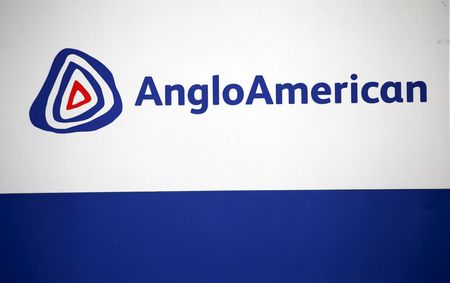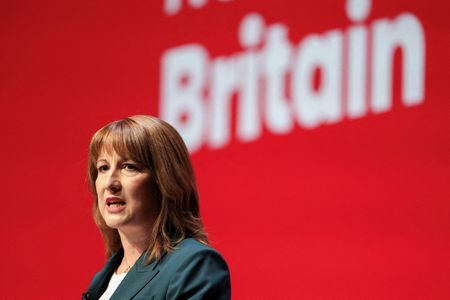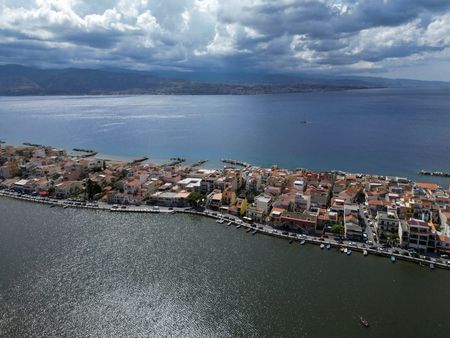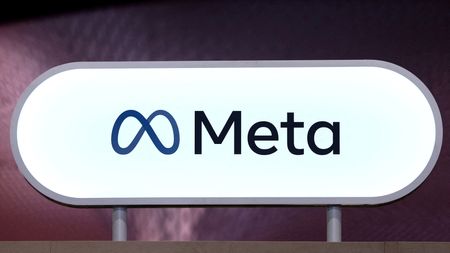FRANKFURT (Reuters) -Germany’s grid regulator is moving closer to meeting some of the demands of energy operators in a reform of infrastructure spending returns for the five years from 2028/2029 being finalised this year, Handelsblatt reported on Wednesday.
The newspaper cited documents from a draft reform of the sector, in which caps are set on grid companies’ earnings to balance the need to keep down consumer bills against incentives for investors.
“We are creating an attractive environment for investment and limiting costs to the necessary minimum,” Handelsblatt cited the authority’s president, Klaus Mueller, as saying.
CONCESSIONS FOR OPERATORS
The report did not give details of envisaged rates of return on equity employed. But it said that concessions had been made on operating cost increases for the five-year periods for companies of all sizes.
It also said that the Bundesnetzagentur regulator had eased efficiency requirements and that grid firms would be better able to account for interest on debt capital.
The reform process, known as NEST – short for Netze.Effizient.Sicher.Transformiert – is expected to be completed by the end of this year and will apply to electricity grids from 2029 and gas networks from 2028.
Power grid operators such as Amprion have said that current equity-return rates are too low to finance the massive expansion needed for the energy transition to renewables.
Networks must be expanded and strengthened to handle rising power demand from AI-driven data centres, as well as the electrification of heating and transport.
Gas pipeline operators, meanwhile, face shrinking customer bases as fossil gas use declines, even as they must invest heavily in new hydrogen-compatible infrastructure.
(Reporting by Vera Eckert. Editing by Mark Potter)










